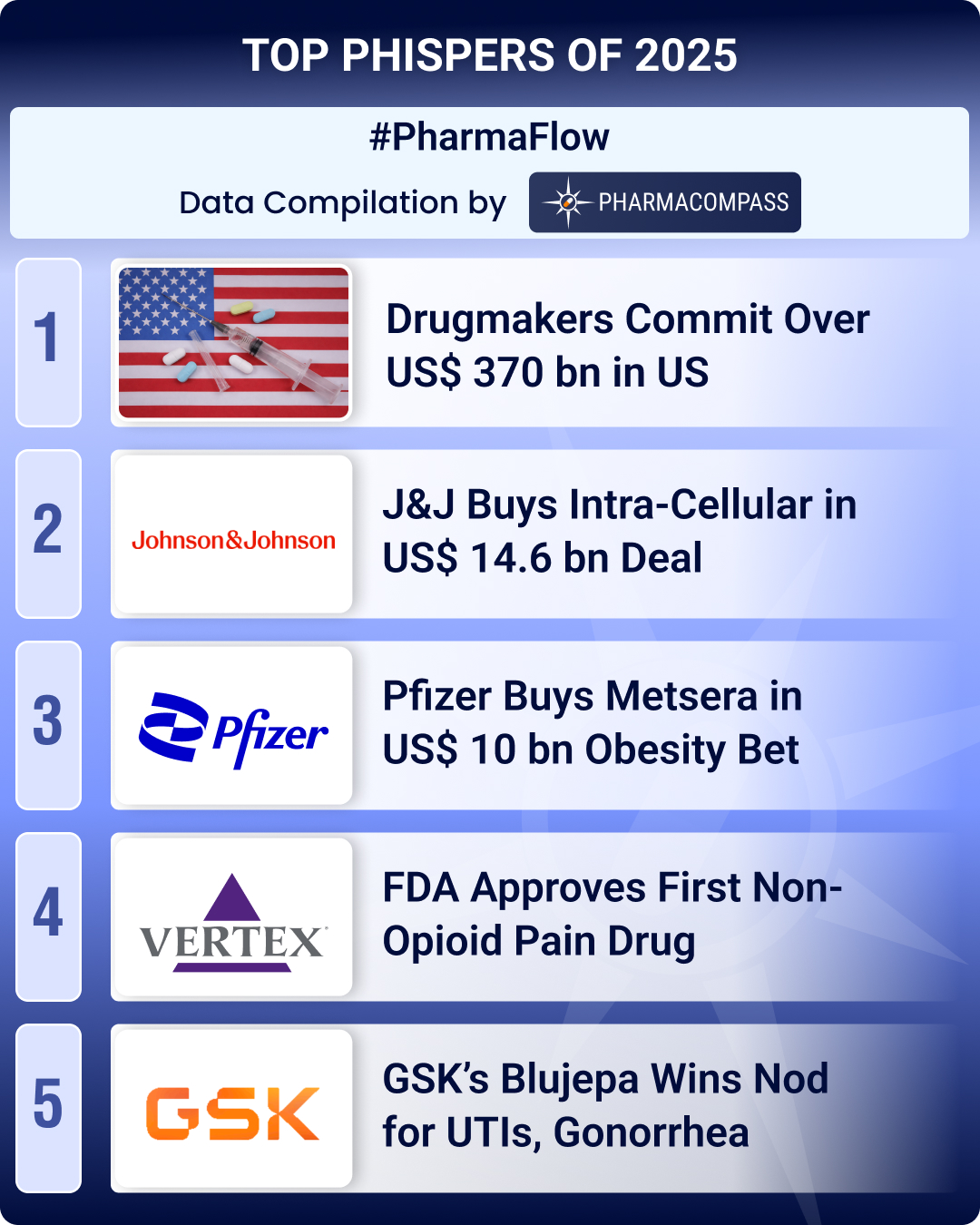Overview of pharma drug compounding & compounded dosage forms & more on leading compounding pharmacies that offer such pharmaceutical preparations.
Q1. What is compounding? Why do some patients need compounded drugs?
Pharmacy compounding is the creation of a medical preparation or drug by a compounding pharmacist. More specifically, compounding is the traditional method of preparing customized medications to help meet unique physician and patient needs.
While drug manufacturing and compounding pharmacy share some similarities they are very different from each other. Drug manufacturing is the process used by drug manufacturers to formulate and create commercially-available drugs.
Unlike compounding service providers, drug manufacturers create drugs in pre-set formulas or doses on an industrial scale. Often, drug manufacturers generate millions of doses or formulas per year.
Compounded medications on the other hand are created by combining individual ingredients in the exact strength required by patients governed by their own unique needs. Compounding pharmacists thus focus on providing innovative patient care and compounded dosage forms.
Some reasons why a patient may need access to compounded drugs:
- Allergic Reactions
Many pills contain inactive ingredients that also happen to be possible allergens, such as lactose, gelatin or dyes. These additives pose a problem for people with certain sensitivities. Drug compounding can make it possible to use pharmaceutical preparations without the risk of an allergic reaction.
- Pediatric Patients
Pediatric compounding is an option for helping pediatric patients get the pharmaceutical preparation they need in a suitable dosage form. Pediatric patients may have trouble swallowing tablets and capsules and may find commercially available dosage forms unpleasant or ill-tasting.
Many medications that are available in solid dosage forms can be compounded into liquid forms including solution, suspension, and syrup compounded dosage forms with flavoring and taste-masking agents to increase patient compliance.
- Hazardous Combinations
At times taking multiple drugs orally can have detrimental effects such as central nervous system depression amongst other issues. Pharmaceutical compounding services can be beneficial in such cases as required medications can be prepared as compounded dosage forms administered via alternate routes to reduce oral drug loading.
- Customization
Pharmaceutical compounding enables the production of customized medications that suit an individual patient's needs. Compounded medications may have customized strengths, unique delivery methods and dosage forms, combinations of two or more medications, etc. which is specifically created keeping the end-patient in mind.
- Commercial Availability
Compounding is the creation of a pharmaceutical preparation or a drug by a licensed pharmacist to meet the unique needs of an individual patient when commercially available drugs do not meet those needs. A patient may not be able to take the commercially available drug, or a patient may require a drug that is currently in shortage or discontinued.
Q2. Are compounded drugs FDA approved?
Drug compounding is often regarded as the process of combining, mixing, or altering ingredients to create a medication tailored to the needs of an individual patient. Drug compounding involves combining two or more drugs.
While prescription drugs and their manufacture is closely regulated by the FDA, the practice of pharmacy compounding is regulated by state boards of pharmacy and the United States Pharmacopeia (USP).
As per the FDA's compounding laws and policies, compounded drugs are not FDA-approved. This means that the FDA does not review these drugs to evaluate their safety, effectiveness, or quality before they reach patients. However, the FDA has investigated many cases of serious patient injury linked to poor quality compounded drugs.
State Regulation of Compounding Pharmacies
Every state has laws and regulations guiding pharmacy standards and requirements, addressing issues such as required licenses for each facility and for the credentialed compounding pharmacists and other employees who work there in compounding pharmacies.
Virtually every jurisdiction also has requirements for secure storage, recordkeeping, the forms or pads used for patient prescriptions, labeling, and safety protocols related to origins, authenticity, chain of custody, expiration dates of products, purity, sterility and storage, among others.
United States Pharmacopeia (USP) - Regulation of Compounding Pharmacy
As per the USP website it provides three types of public quality standards for compounding.
- USP General Chapters for compounding establish procedures, methods and practices that are utilized by practitioners to help ensure the quality of compounded medicines.
- USP Compounded Preparation Monographs contain formulations and quality standards for specific pharmaceutical preparations to assist practitioners in compounding preparations for which there is no suitable commercially available product.
- USP Monographs for Bulk Drug Substances and Other Ingredients provide standards for identity, quality, purity, strength, packaging and labeling for bulk substances and other ingredients that may be used in compounded medicines.
On the other hand, Pharmacy Compounding Accreditation is a service of the Accreditation Council for Health Care (ACHC) that assesses the nonsterile and sterile pharmacy compounding process as defined by a specific set of standards that concentrate on the quality and consistency of the customized medications or customized compounded formulations produced.
Q3. What are the risks associated with compounded drugs?
Complications resulting from the use of compounded medications have become a troubling trend nationwide. There is a significant potential for patients to suffer serious harm from the use of substandard medications prepared by compounding pharmacies. Some common risks associated with compounded drugs are noted below.
- Regulation
Because compounded drugs are not FDA-approved, the FDA does not verify their safety, effectiveness, or quality before they are marketed. Moreover, most compounded products come from facilities that do not use the same quality standards as pharmaceutical manufacturers under FDA oversight.
- Poor Compounding Practices
There is a risk of illness or injury if compounding errors occur during the compounding process. Poor compounding practices can result in serious compounding errors and drug quality problems, such as contamination or a drug that contains too much active ingredient.
Poor compounding practices on the part of drug compounders can result in contamination compounding errors or in products that don't possess the strength, quality, and purity required. This can lead to serious patient injury and death.
- Mode of Delivery
Consider the level of risk associated with the mode of delivery: oral, topical or intraocular. Injected ophthalmic drugs generally have a higher level of risk than topical drops and should be held to the highest drug manufacturing and quality standards. Compounded formulations that use approved drug ingredients can meet this definition.
- Large Scale Production
Traditional pharmacy compounding is appropriate when done on a small scale by pharmacists who prepare the medication based on an individual prescription. However, some pharmacies engage in activities that extend beyond the boundaries of traditional pharmacy compounding, such as large-scale production of customized compounded formulations (compounded medications) without individual patient prescriptions, compounding drugs that have not been approved for use in the US, and creating copies of FDA-approved drugs.
Q4. Which are the leading companies offering pharmacy compounding services?
Some leading pharmaceutical companies offering pharmaceutical compounding services and customized compounded formulations (compounded medicines) are noted below.
Quotient Sciences - Pharmacy Compounding & Formulation Services
Quotient's pharmacy compounding offers a streamlined pathway to start FIH clinical testing, without extensive CMC investment. Dose preparations are made in "real-time", giving clients the flexibility to make quick changes to the dose based on human data.
Laboratorium Ofichem B.V - Pharmacy Compounding Services
Ofichem has a state of the art contract laboratory for raw materials for medicinal products as well as finished dosage forms and compounded dosage forms for the specialized compounding market, including hospital pharmacies and local pharmacies.
Fagron - Pharmaceutical Compounding Services
Fagron's pharmaceutical compounding services offer personalized ready-to-use medications that are prepared in their sterile and non-sterile specialized compounding facilities. Fagron is a leader in pharmaceutical compounding and is currently active in 35 countries.
Doughertys Pharmacy - Sterile & Non Sterile Pharmaceutical Compounding Services
Dougherty's sterile and non-sterile specialized compounding labs are state of the art facilities where it prepares a full array of custom medications such as transdermal creams, flavored medications for children and bio-identical hormone treatments.
All Suppliers






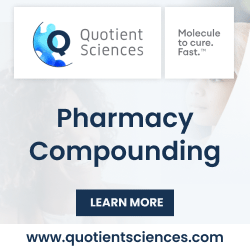
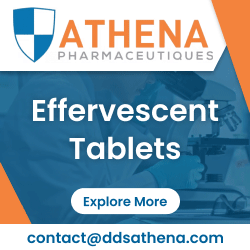

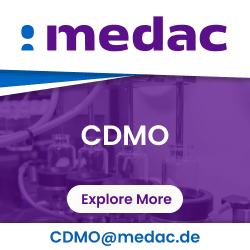
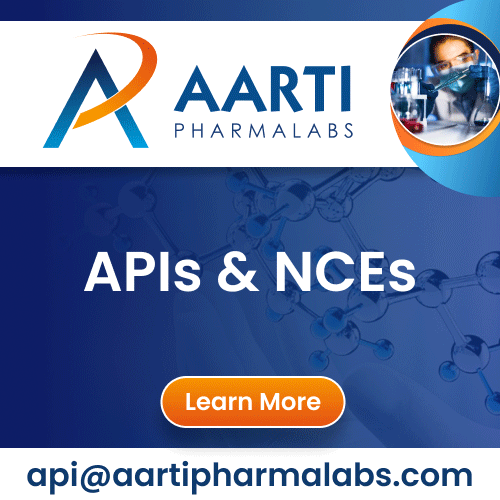
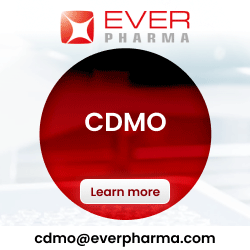




 Quotient Sciences- Molecule to Cure. Fast.
Quotient Sciences- Molecule to Cure. Fast.





